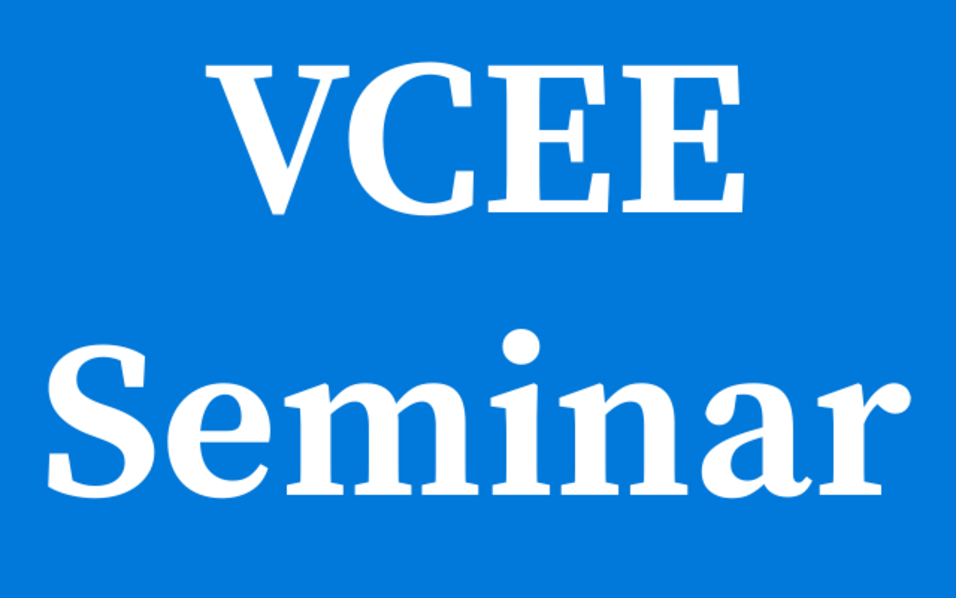Abstract:
The main aim of affirmative action (AA) policies in tournaments is to enable disadvantaged groups to compete with their privileged counterparts. Existing research documents that incorporating AA can result in more egalitarian outcomes and higher efforts. However, the effects of the introduction and removal of AA are open questions. Also unclear is how the frame of AA, as a head-start for a disadvantaged group or a handicap to the privileged group, affect behavior. We examine these questions experimentally in which subjects participate in a real-effort tournament and have the opportunity to sabotage each other. The ability-based AA (head-start or handicap) is either introduced or cancelled in the middle of the experiment. We find that ‘balanced’ competition does not necessarily motivate the contestants to work harder. Especially, high performers who had some previous competition experience in an AA free environment, reduce their effort after the introduction of AA. Additionally, we observe less sabotage under the AA regimes when the competition started right away under the AA conditions. However, the cancellation of AA significantly intensifies the sabotage. Finally, there are no systematic differences in reactions towards the handicap and the head-start.

